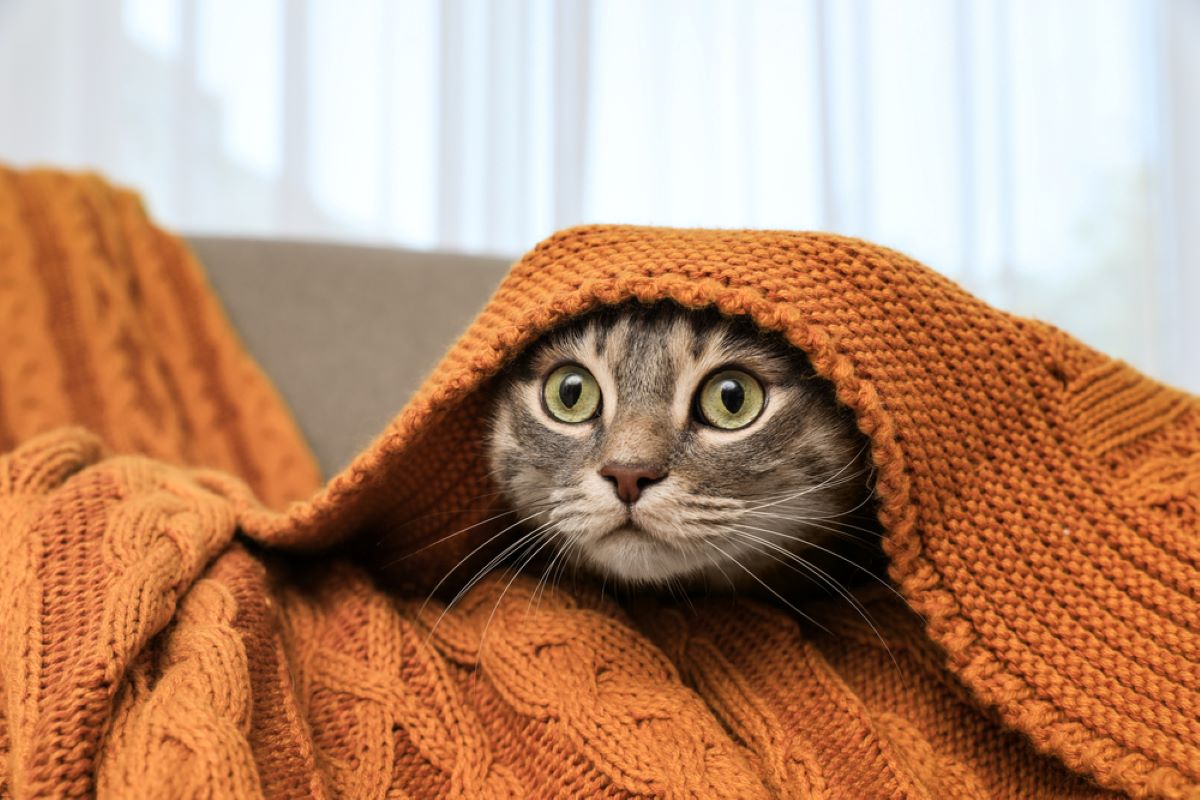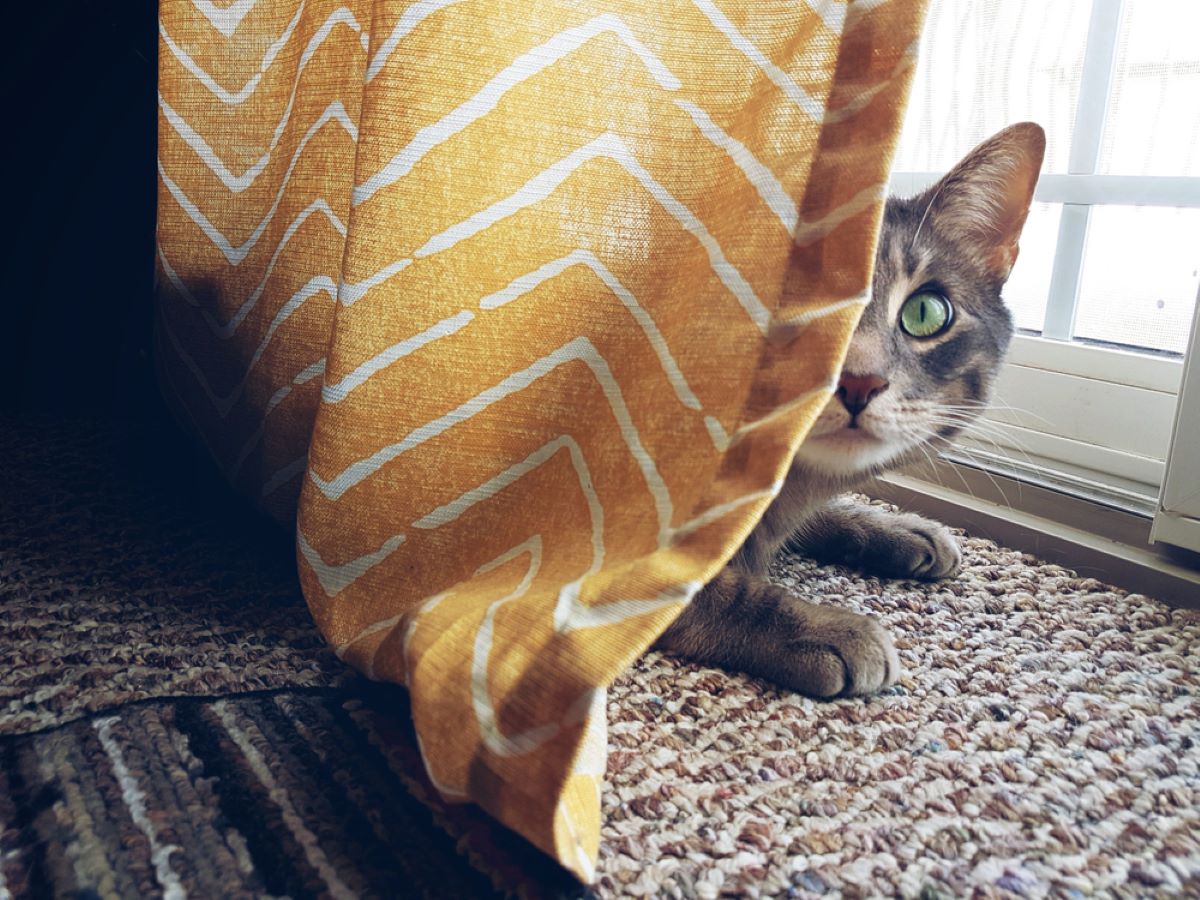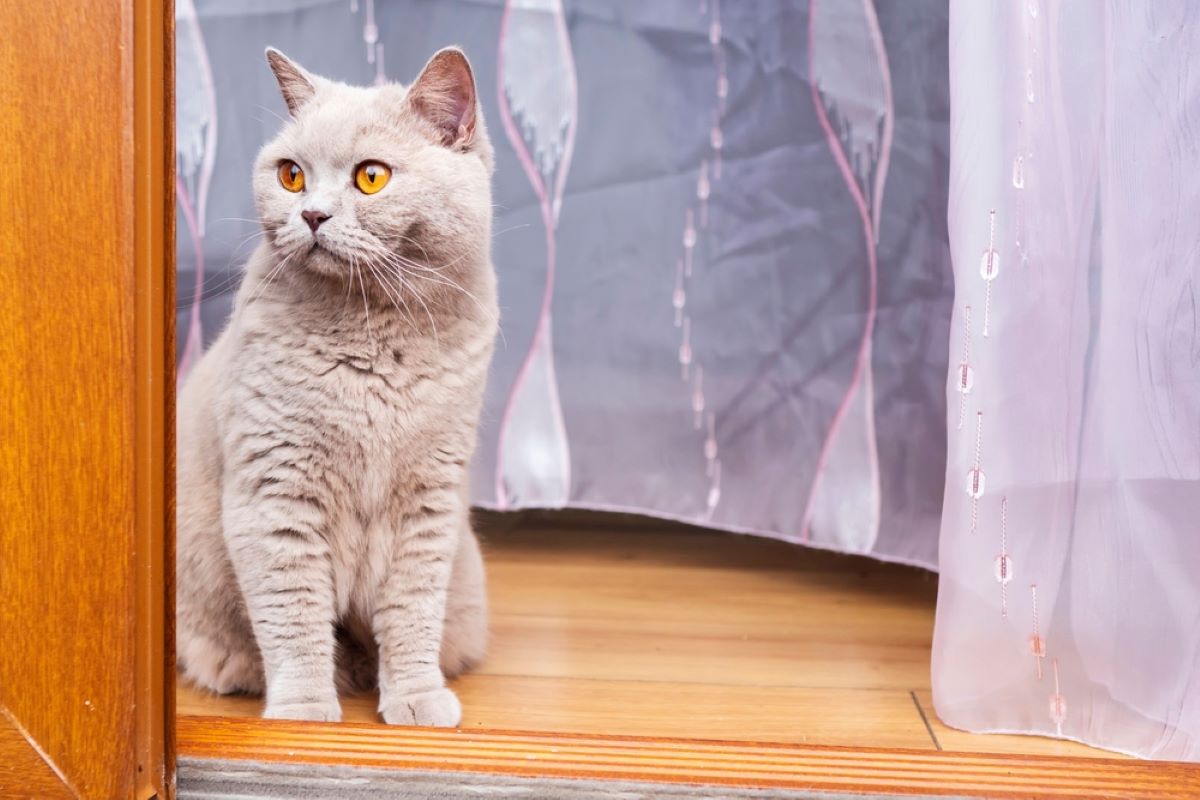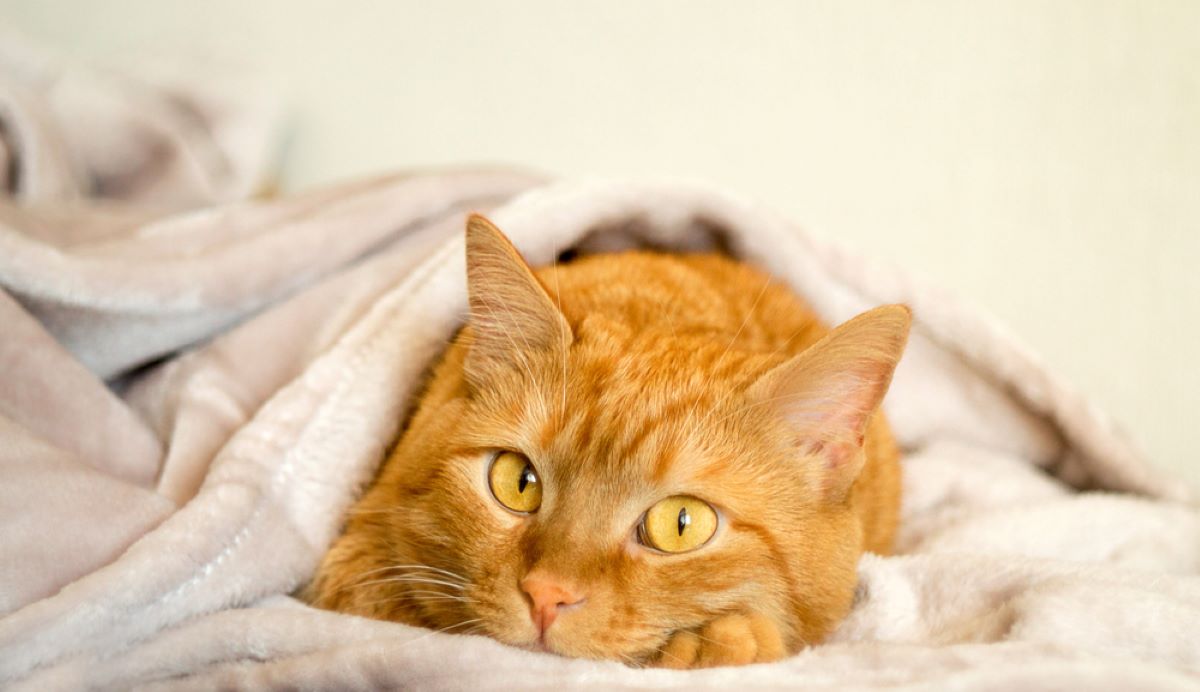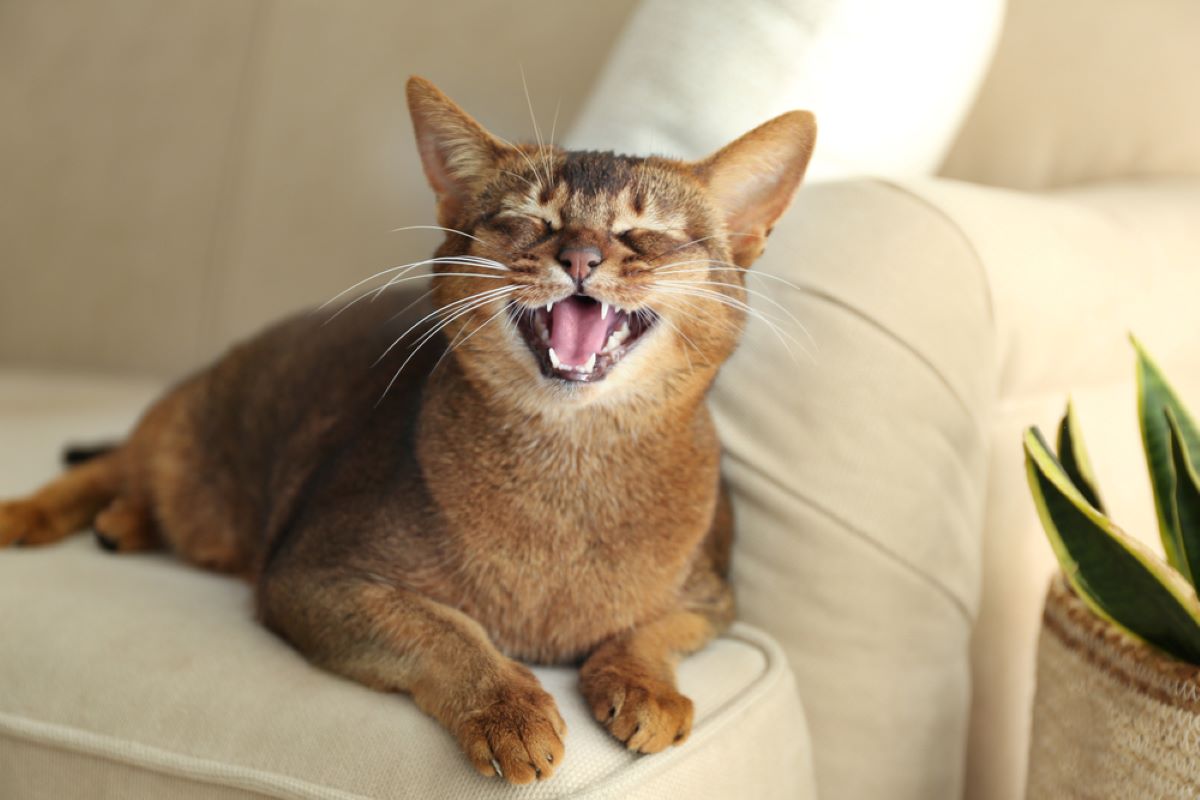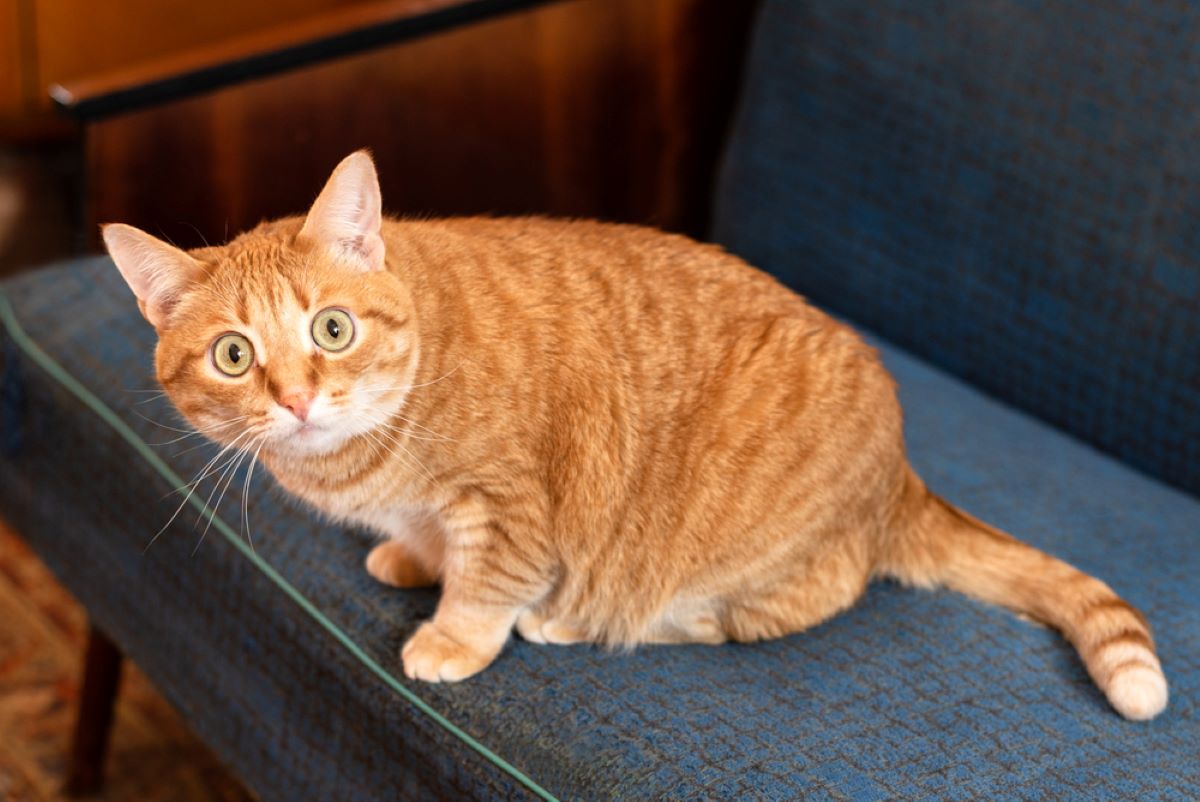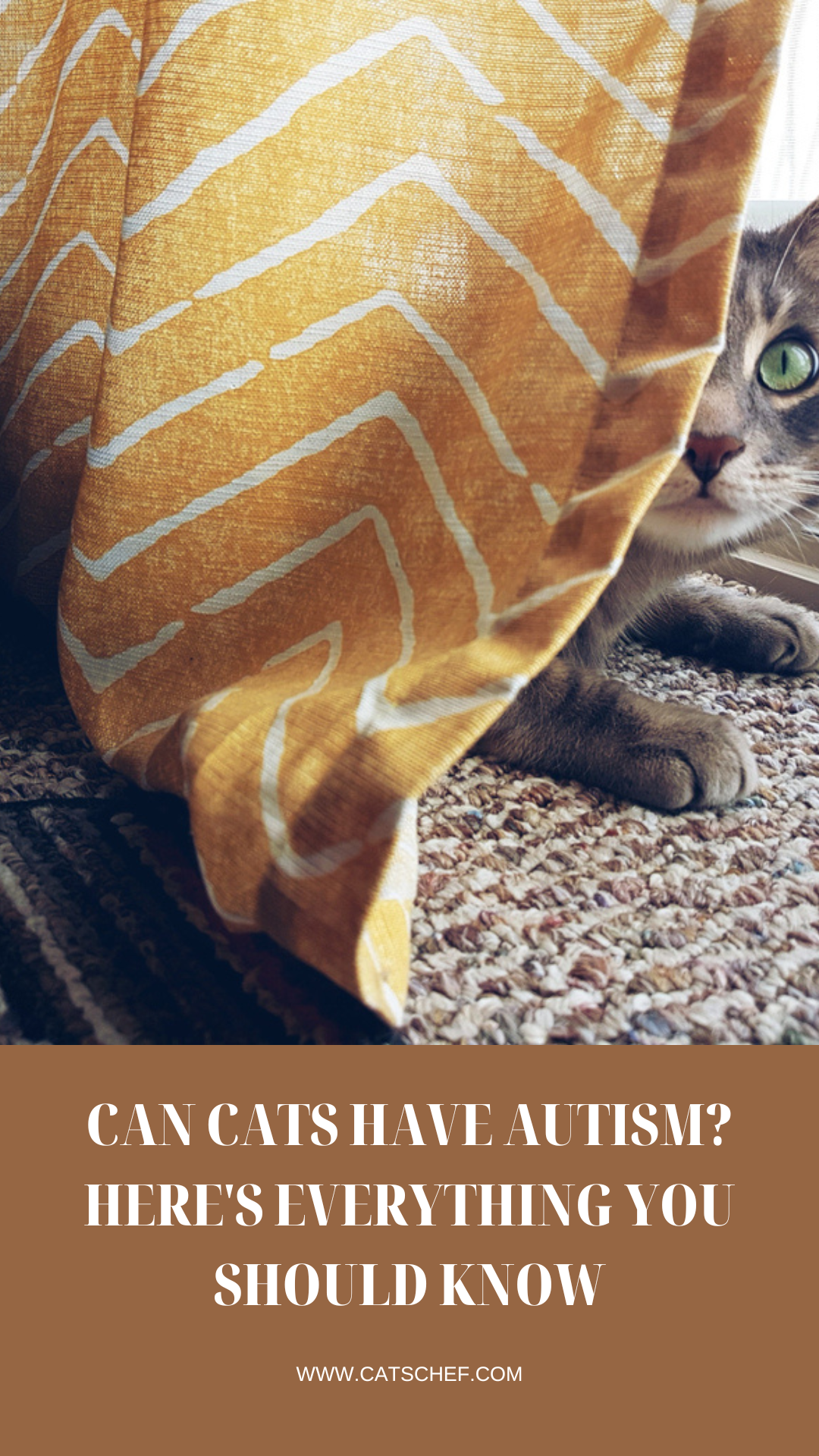📖 Table of Content:
As a cat parent, it’s normal to worry about your furbaby and any changes in her behavior. When compared to other kitties, your feline might seem different, which has got you wondering: can cats have autism? Is it possible, or is your furriend’s behavior considered normal?
You’ve never heard about a cat diagnosed with autism, yet you suspect your kitty has this disorder because she shows some signs and symptoms. But, since these are based on human parameters, diagnosing your cat might be more challenging.
It could be that her behavior is simply a part of your kitty’s character. Every feline friend is different, and we should never expect them to fit a certain image or expectations we have of them. If she’s not social or doesn’t like to be held, it could simply mean that she’s acting like any other independent fluff!
It’s good that you’ve decided to do some research and see if your feline buddy’s behavior is normal or not, but you should also give her space to be herself. Just like humans, all kitties are individuals, and they have unique characters that they shouldn’t suppress.
Still, I understand your worry, so I’ll help you find the answer to whether cats can have autism, and if there’s any reason for you to worry. Let’s begin.
What is autism?
Unfortunately, even in humans, autism can be very hard to define. It’s a broad range of different conditions, most of which affect the person’s ability to communicate or engage in social interactions. It’s also characterized by repetitive behavior, non-verbal communication, and more.
There’s no one-answer-fits-all. There are many different types of autism, all of which depend on environmental and genetic factors. Although every person diagnosed with autism differs in their own unique way, there are some common threads.
For example, most people on the spectrum have a hard time adjusting to change. They don’t respond well to loud sounds and bright lights, as they’re easily overstimulated. They also often show a need to keep things overly organized, enjoy having a routine, and usually display repetitive motions.
Another common thing for people with autism is their desire to be alone. They prefer solitude and, most of the time, will try to pass on any opportunities to be around people or work with them.
Can cats have autism?
Well, not exactly. If your kitty is acting differently, it could be a sign of a different condition. Just like humans, our feline companion can also have special needs and mental disorders.
When we talk about cats with special needs, we often think of blind or deaf kitties or those who are missing a limb. But sometimes, felines can also have some mental difficulties that they’re either born with or that they develop due to accidents or illness.
Some mental disorders common among cats:
- Feline Cognitive Dysfunction: Most commonly found among older cats, and is often connected to human senility. It’s characterized by memory loss, issues using a litter box, and confusion, among other symptoms.
- Obsessive-Compulsive Disorder: Yes, our feline friends can suffer from OCD, too. In cats, this disorder is typically characterized by excessive grooming, pacing back and forth, and chewing on their paws and objects around them.
- Anxiety: There are many things that could trigger anxiety in our furbabies. The most common ones are changes in their environment and lifestyle, as well as separation from their human parents. An anxious cat will show symptoms such as excessive grooming, loss of appetite, and being extremely vocal.
- Depression: Although we all hate to imagine our fluffs sad, they can get depressed, too. Luckily, it’s temporary! It could be triggered by any changes in their lives, whether big or small.
Why some cats seem autistic (even though they’re not)
Okay, so there was something that got you wondering if cats can have autism in the first place. I assume you were inspired by your cat’s weird behavior, so I’m here to tell you that it’s most likely totally normal.
After all, our feline friends aren’t dogs, and we can’t expect them to be. Sometimes, they simply like being left alone, and come for love and attention when they feel like it.
Nonetheless, let’s check out some things cats do that might make us think they could be autistic.
1. They don’t like human company
As stereotypical as it might sound, cats are usually pretty anti-social. If you’re used to having a dog, then you might find it weird that your kitty doesn’t seem affectionate at all. All she wants to do is be alone and do her own thing. Good news, though – that’s completely normal!
Our feline friends are pretty independent, and we need to accept that, no matter how badly we want them to be more affectionate. If you adopted your cat as an adult, her anti-social tendencies might be caused by how her previous owners interacted with her.
Generally speaking, cats who are given more attention and interaction when they were still kittens, grow up to be more social and open to human interaction. Sometimes, however, her anti-social tendencies are simply a part of your cat’s character. In that case, you should just let her be the diva she wants to be.
2. They’re creatures of habit
If your cat shows a desire for repetitive motions and situations, I see why you think felines could have autism. It’s one of the most common symptoms of this disorder among humans. However, excessive grooming, constant meowing, and sucking on certain objects could be signs of something else.
As we’ve already learned, cats can’t have autism, so this kind of behavior is usually a sign of anxiety or OCD. This is common among indoor cats who experience certain changes in their environment.
That said, if your cat shows this kind of behavior, I recommend you take her to the vet for a check-up. Sometimes, behavioral changes are a result of an underlying health condition that should be treated right away.
3. They’re vocal
Is your kitty suddenly extremely vocal, and it seems weird to you? I understand why you might be worried. After all, your furry friend is trying to tell you something, and you have no idea what it is!
As mentioned before, one of the symptoms of autism is issues in communication. Some people who are diagnosed with this disorder refuse to talk to people or have periods where they can’t stop talking. Does your kitty seem the same way? That’s normal.
Whether she never meows or does it constantly, it’s probably just a part of her purrsonality. Some cats make little noise, while others like to be loud and heard. Just like us, they have different behaviors that set them apart. That’s why we love our furbabies, after all.
However, if she meows constantly and nothing you do seems to make her stop, rather take her to the vet to see if there’s anything your meower is trying to tell you.
4. They’re fascinated by movements and lights
There’s a reason cats love lasers and mice-shaped toys. They’re fascinated with pretty much everything that moves – it’s a cat thing! After all, they’re our little predators, and it’s in their nature to follow lights and movements, and chase their prey.
Autism, on the other hand, is often connected to strong focus. When people on the autism spectrum like something, they’re often fascinated by it to the point where they hyperfocus on it and turn off the world around them.
Fortunately, your cat’s fascination with lights and movements definitely isn’t a sign of autism. It’s simply their predatory instincts kicking in. Any kind of sudden movement, including lights, triggers their wild side and they go into full attack mode.
Have you ever wondered why you’re woken up in the middle of the night by small teeth digging into your toes? It’s because your feet moved under the sheets! It’s simply your cat being a cat, and there’s nothing for you to worry about.
5. They are easily overstimulated
Sometimes, the world gets a bit too much for our sensitive feline friends. After all, they’re always on high alert, listening to the things happening around them. When there are too many noises or loud sounds, they can get overstimulated.
If your cat’s been hiding in your closet or under your blankets the whole day, let her be. She’s found a place where she can unwind and calm down, without anything bothering her or stressing her out. No matter how playful they are at times, our feline friends enjoy some peace and quiet.
Once your fluff is ready to meet the world again, she’ll come out of her hiding spot and get back to her normal self. She might even come for some cuddles, too, so make sure you give her enough time and space to recharge.
